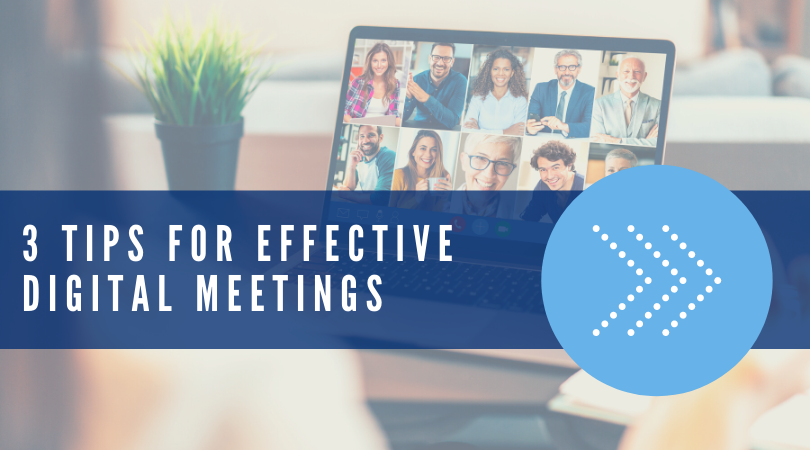There's a lot at stake when it comes to cybercrime— even our gasoline!
Six trillion dollars is an unfathomable amount of money—and yet, according to CSOnline, it’s the total predicted cost of cybercrime in 2021. But that's probably not a huge surprise as we read the headlines about government agencies, power grids, corporations and other major entities falling victim to cybercrime almost every day. And as we recently witnessed when a ransomware attack completely shutdown a gasoline pipeline—one incident can cause huge implications for our entire society.
Could your insurance agency be cybercrime’s next victim?
The "big" stories make national headlines, but smaller cyberattacks happen daily, and they can have hugely devastating impacts for their victims. In fact, NortonLifeLock revealed that over the last year, nearly 330 million people across 10 countries fell victim to cybercrime and over 55 million people were victims of identity theft. Despite this increasing threat, most people don’t realize that the information they hold could make them an active target—and that includes the data your insurance agency has access to.
How can you better protect your agency from becoming just another one of the growing number of cybercrime victims?
Cybercrime isn't a new concept for you. You've likely even sold or purchased cyber coverage to help protect yourself and your clients from the risks associated with cybercrime. However, that doesn't mean you're necessarily being as proactive as you could be to help combat hackers.
It's important to remember that cyber criminals typically work behind the scenes and their tactics are everchanging, so their moves are easy to miss. That's why it's critical to remain vigilant—and continually follow a few best practices to help avoid becoming a victim yourself.
10 Simple ways you can help prevent a big cyber incident:
Watch for red flags, including:
- Communications that express a sense of urgency and ask you to take action quickly
- Links from outside sources
- Misspelled website and email addresses
- Content that says you’ve won a prize or contest
- Content that appears to be from your bank, the IRS or other governmental agency
- Avoid clicking on links whenever possible
- Call to verify the validity of emails from outside sources
- Consider using passphrases rather than passwords (they are longer and more complex)
- Select your security questions carefully—if you decide to use your favorite band, for example, make sure that you don’t post about that same favorite band online regularly
- Research insurance cyber coverage and other protective software
As new cybercrime tactics continue to emerge, more businesses are seen as targets than ever. It’s more critical to educate yourself and get proactive—for the protection of yourself, your insurance agency and each and every client. Together, we can help reduce the success of lurking cybercriminals.

Lindsey Elias, Marketing
As our Director of Communications, Lindsey is passionate about producing quality content. When not at the office or planning her next Disney getaway, she loves hanging with her husband, family, and fur baby and indulging in the two c's: carbs & coffee.
DISCLAIMER
The information contained in this blog post is intended for educational purposes only and is not intended to replace expert advice in connection with the topics presented. Glatfelter specifically disclaims any liability for any act or omission by any person or entity in connection with the preparation, use or implementation of plans, principles, concepts or information contained in this publication.
Glatfelter does not make any representation or warranty, expressed or implied, with respect to the results obtained by the use, adherence or implementation of the material contained in this publication. The implementation of the plans, principles, concepts or materials contained in this publication is not a guarantee that you will achieve a certain desired result. It is strongly recommended that you consult with a professional advisor, architect or other expert prior to the implementation of plans, principles, concepts or materials contained in this publication.
This blog post may contain the content of third parties and links to third party websites. Third party content and websites are owned and operated by an independent party over which Glatfelter has no control. Glatfelter makes no representation, warranty, or guarantee as to the accuracy, completeness, timeliness or reliability of any third party content. References to third party services, processes, products, or other information does not constitute or imply any endorsement, sponsorship or recommendation by Glatfelter, unless expressly stated otherwise.
Related posts
From natural disasters to crisis situations, community-focused organizations face unique and dangerous risks during their missions.
Learn to create a memorable client experience from the customer service experts at Trader Joe's.
Being able to remain positive in spite of everything you face could have some truly amazing impacts.







Submit a Comment